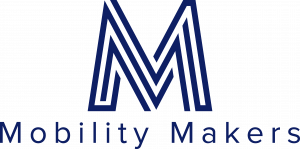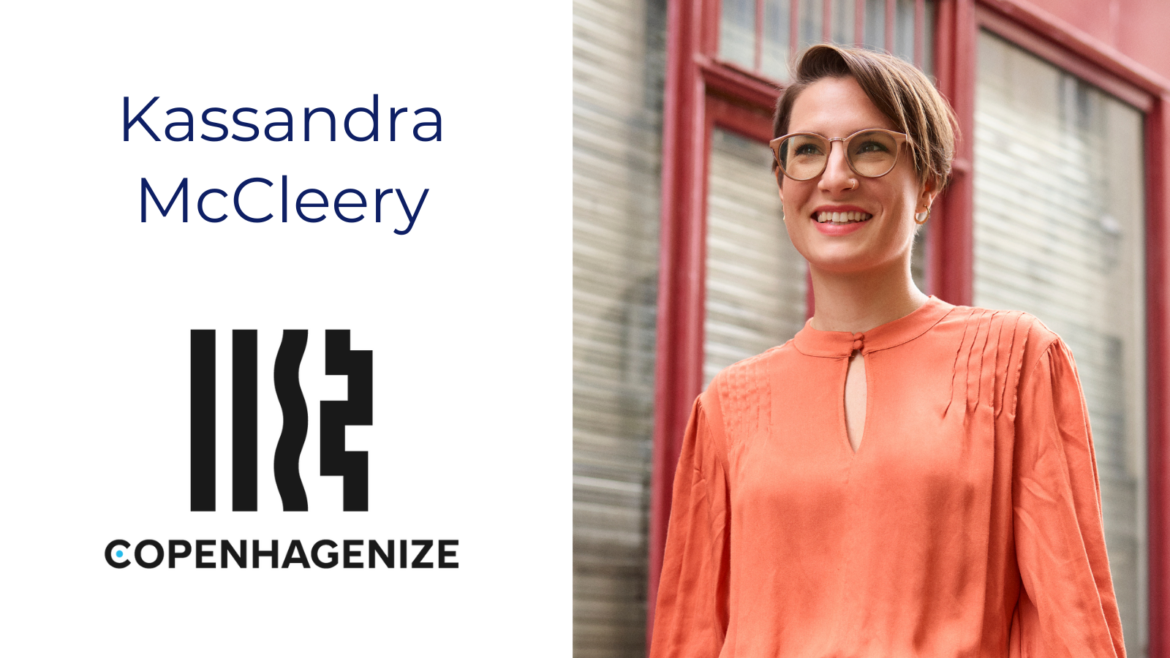Knowledge sharing through immersion: the importance of continued learning and in person master classes
If seeing is believing, then riding is transforming. There’s no better way to demonstrate the advantages of quality cycling infrastructure and services than to be immersed in them. Hearing about Copenhagen’s green wave in the media or seeing a webinar about it may spike curiosity, but it’s only by cycling into the city center or one of the regional super cycle highway routes and hitting green light after green light does one truly understand the impact.
Taking participants out of their comfort zones and experiencing first-hand what they are learning accelerates comprehension and increases knowledge retention leading to lasting outcomes afterwards. This is exactly what we at Copenhagenize do during our 3-day master classes for bicycle urbanism professionals and advocates. Our master classes immerse participants in new environments and ways of thinking that disconnect them from their day-to-day lives, opening their minds to new approaches to city building and mobility they would have never considered before.
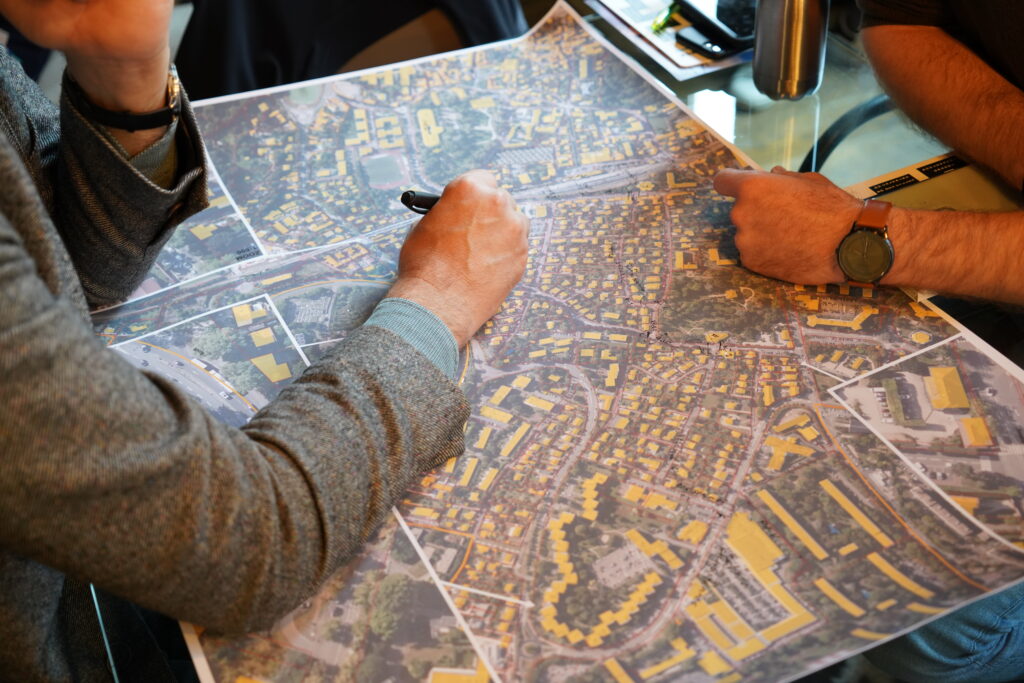
In an era of online courses and limiting our carbon footprint for travel, in person learning is still relevant, but must go beyond a traditional classroom setting to be worthwhile. Through experiential learning, participants gain a deeper understanding of the urgency for transforming mobility in our cities. Seeing how other cities are different, living like the locals, connecting with the cycling and planning ecosystem, and meeting like-minded practitioners all enhance learning and prepare each participant to be an advocate when they return home. Though more resources and time are required upfront, time is saved in the long term. In one afternoon of riding the streets of Paris, participants see how the cycling infrastructure has evolved and feel first-hand how this progress has improved the cycling experience for users. A few hours to understand the importance of building safe quality infrastructure to encourage more cycling, rather than taking months to test mediocre or scaled back solutions we already know don’t work.
Immersive learning also builds connections and encourages sharing. Every participant comes with their own perspectives and lived and professional experiences that contribute to the value of the course. Their interpretation of what we’re seeing and ideas on how to implement it back home, all lead to enriching discussions and debate. Witnessing the overflow of cargo bikes at school drop-off in Copenhagen may seem intimidating and unattainable, but discovering from another participant that suburban communities across the United States have started to organize “bike bus” rides for kids to safely cycle to school might be the inspirational first step for another participant in their city.
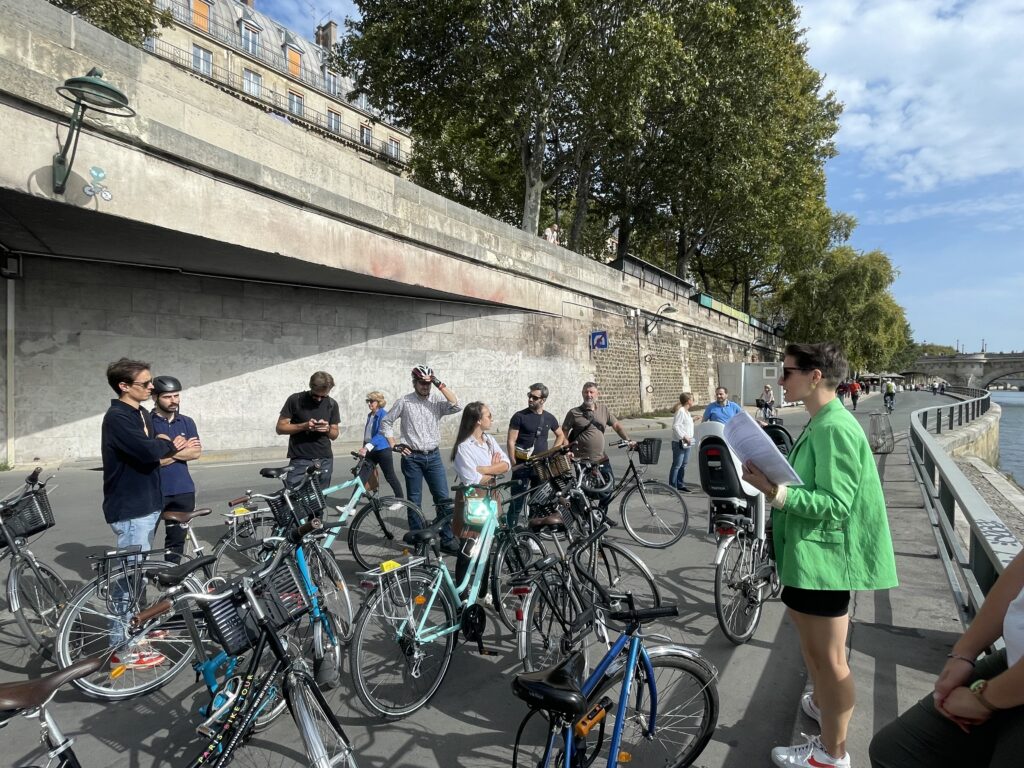
A new era has begun in the world of bicycle urbanism and mobility. There is high level acceptance and a realization that our climate and sustainable development goals can not be met without more active and public transportation solutions. However, the implementation on the ground and variance from city to city, and country to country is another story. Serious progress is being made, but unlearning our car-centric urban planning and traffic management ways and prioritizing cycling mobility requires deliberate efforts to evolve and change our way of thinking. Immersive and experiential learning are key to achieving this.
About the author
Kassandra MCCLEERY
Research & Education Project Manager
Kassandra is an urban planner specialized in gender inclusive approaches to planning and community development. From her community building work she has developed a strong ability to mobilize people, develop programming, and manage multiple stakeholders and partnerships. She advocates for more bike-friendly and inclusive cities through her work coordinating research projects and educational and outreach activities at Copenhagenize.
More about Copenhagenize
Copenhagenize is an industry-leading company and an international reference for all subjects relating to bicycle mobility, working for cities and regions to provide a wide-range of professional support. Founded in 2009 in Copenhagen (DK), before cycling was considered as a legitime mode of transportation in most cities, the company quickly evolved and today is a interdisciplinary consulting firm headquartered in Paris (FR). As pioneers in the field of bicycle urbanism, Copenhagenize is well-equipped to offer a comprehensive suite of expertise that includes strategy development and policy implementation, urban and infrastructure design, communications, and research and education.
